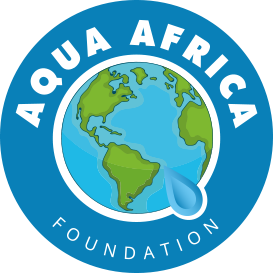
A new United Nations report warns that more than 100 million “extremely poor” people in Africa are threatened by accelerating climate change, and climate change may also melt the few glaciers on the African continent within 20 years. A report issued by the World Meteorological Organization on Tuesday provided a stern reminder that the 1.3 billion people in Africa are still “extremely vulnerable” because the African continent is warming faster and faster than the global average-54 countries on the African continent at that time. “By 2030, if proper response measures are not taken, it is estimated that as many as 118 million extremely poor people in Africa will face drought, floods and extreme heat,” said Josefa Leonel Correia Sacko, Commissioner for Rural Economic and Social Affairs. Agriculture of the African Union Commission. WMO defines extremely poor people as those who live on less than US$ 1.90 per day.




